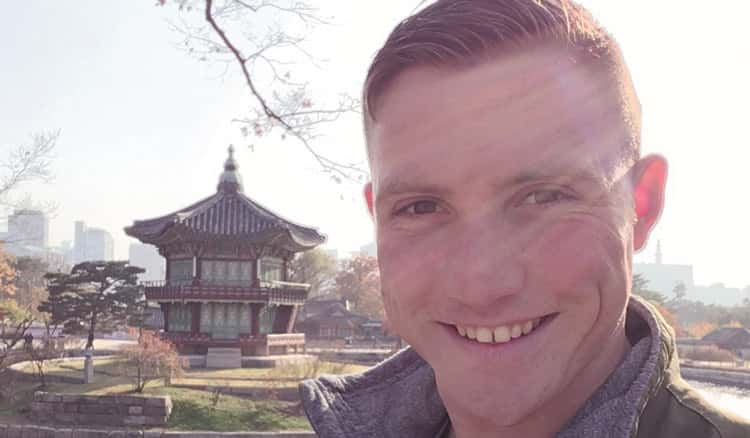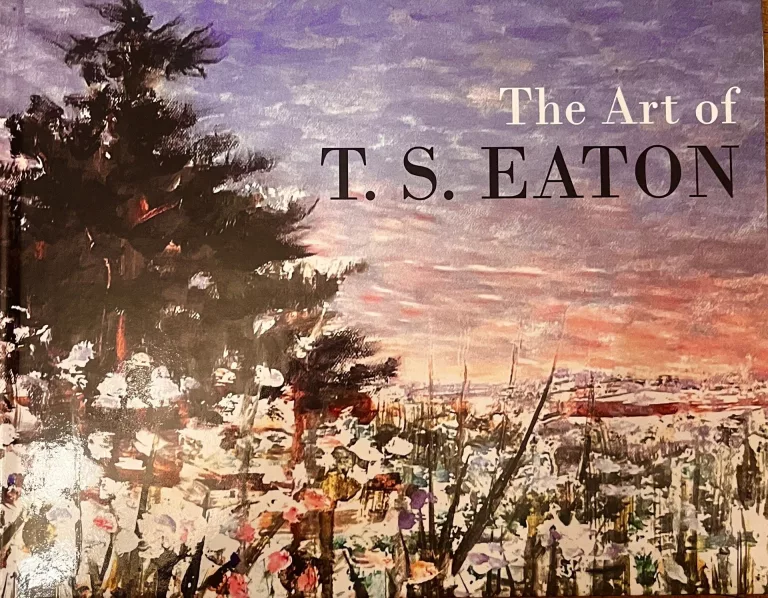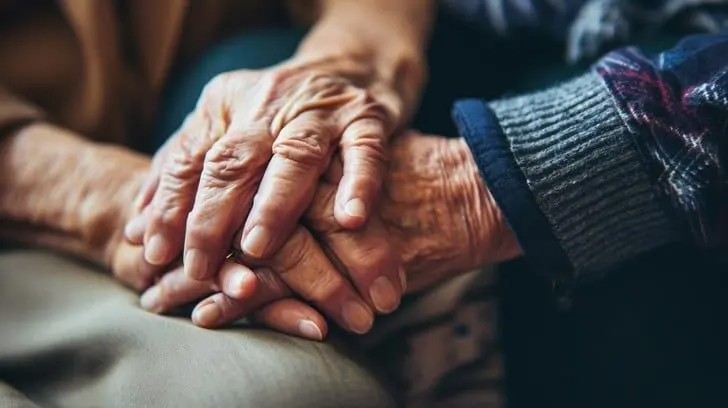
By Francis Ambrogio
I recently found myself visiting Town Hall on some business, and being there for the first time in a few years, I stopped and looked around at some of the displays while I waited on my appointment.
If you walk through the front doors of Town Hall and continue straight, immediately to your right before heading down the staircase is a wood-paneled wall, and on it in bronze are the names of citizens of Greenwich who made the ultimate sacrifice in war. Most fell in one of America’s wars, although some – since our town’s history stretches back further than our nation’s – gave their lives for what was once a frontier town in small colony in a vast and mysterious New World. Some of those whose names are from long, long ago almost seem familiar, their families’ names conferred upon streets and old houses across Greenwich. In some cases, where names are repeated again and again, it is clear that some families lost not only a single son or nephew or cousin, but many, sometimes in the same struggle.
The names in Town Hall are a quiet reminder of what others have done for us. It’s easy to walk past them without noticing. This is not deliberate, of course. Rather, it is because we live in the free and peaceful world that the individuals whose names are engraved there wanted us to live in.
We all know of the famous monuments, from the bright and triumphant World War II Memorial to the more somber and reflective memorials to those who served in Korea and Vietnam. These pieces of civic art are majestic features in our national iconography – every American should see them in person. But there is something different about local memorials, even the smallest and simplest of them. They possess a personal touch that reaches out through the years and the dusty memories. If we take the time to stop and examine them, they grab us, even if we have no idea who those whose names on them were. These were real people, who, as First World War Canadian officer John McCrae wrote in his famous poem “In Flanders Fields,” “Short days ago…lived, felt dawn, saw sunset glow, loved and were loved…”
In my short time in the Army, I have seen many such memorials across towns and bases, small in size and scope, yet rich in meaning. Some are especially memorable, such as the small arch presented in 1924 by a group of grateful Chinese citizens to the soldiers of the 15th U.S. Infantry Regiment, who, in a manner worthy of an old Western movie refused to stand aside when a plundering warlord demanded entry to their city. While stationed in Korea, I frequently drove by a memorial in the middle of a highway to the soldiers of the 1st U.S. Cavalry Division, who on a forgotten day in a forgotten field that is now paved over, fought and died so that Korean citizens might not suffer under the brutal rule of Kim Il-Sung. Particularly meaningful for me was my visit to the small village in northern France that my ancestors emigrated from in the 1670s. Carved into a small obelisk in the middle of town was the name of a cousin, centuries removed, who fell wearing French blue during the First World War. Elsewhere along the front, another man with the same last name wore American khaki, and he was lucky enough to make it home.
Small memorials come in many forms – obelisks in the middle of town, like I saw in France, bronze plaques such as we have in our own Town Hall, statues, such as that of Colonel Raynal Bolling on Greenwich Avenue or that of an unnamed Union soldier on the Post Road in front of First Congregational Church, or small graveyards dotted with white crosses and flowers that British soldier-poet Rupert Brooke called “some corner of a foreign field that is for ever England.” They are tangible reminders of the sacrifices others have made for us. When we stop to look at them and reflect upon their meaning, the shades of those whom they commemorate may just reach out to us and whisper into our hearts to never forget them.





